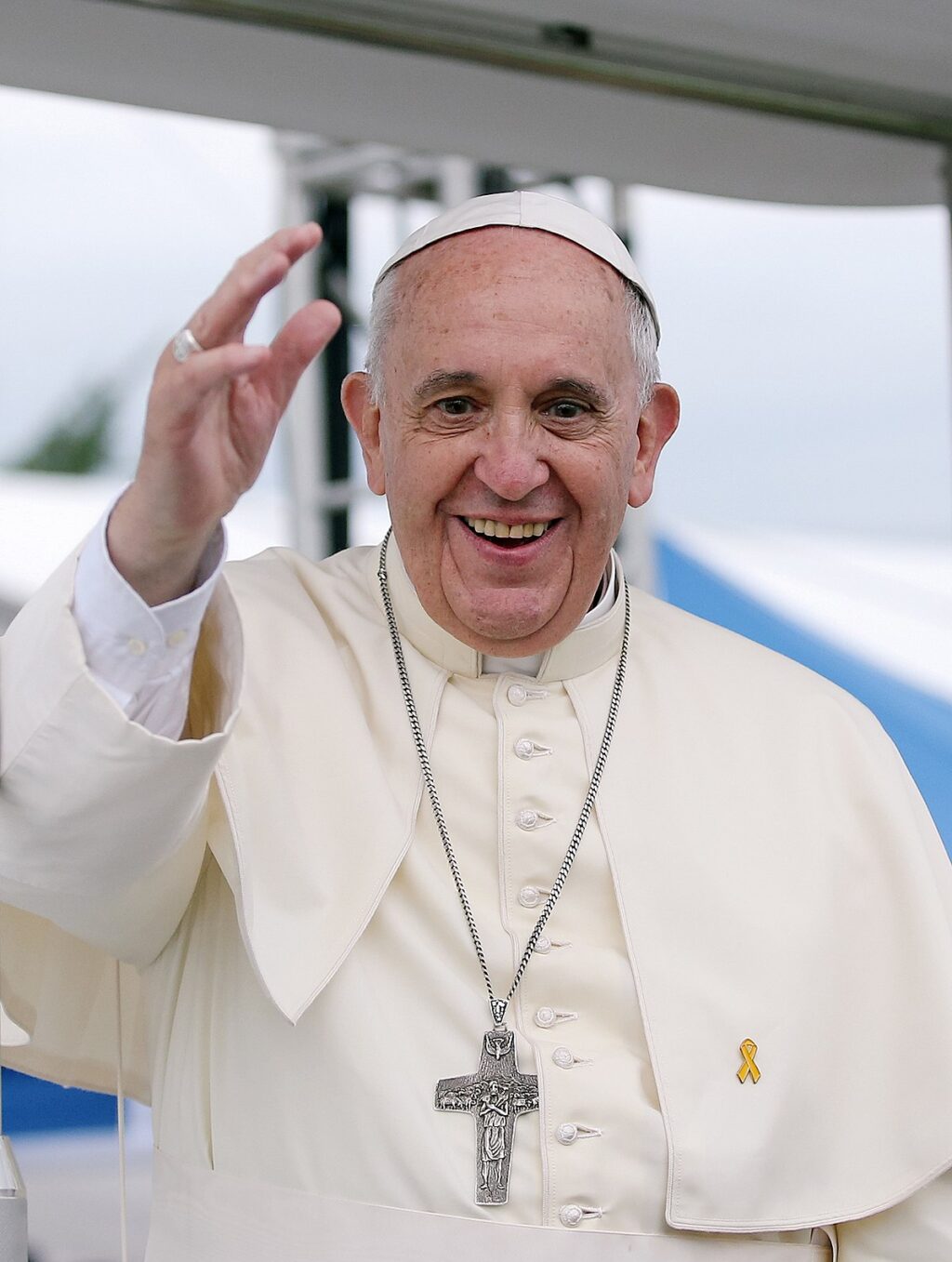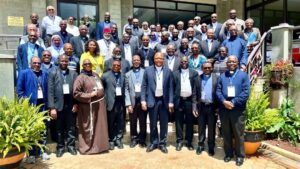VATICAN: Pope Francis Extends Appeal Period for those Dismissed from Consecrated Life to 30 Days

Pope Francis
Sr. Jecinter Antoinette Okoth, FSSA
Pope Francis has revised the canon law on the appeal period for members of Consecrated life dismissed from the Institutions and added more time to file a petition.
In an Apostolic Letter issued Motu Proprio on Palm Sunday, April 2, those dismissed from Religious Institutes can make their appeal in 30 days from the day of receiving the notification of the decree of dismissal, a change which the Holy Father says “seeks to guarantee the person’s rights.”
Considering that the current norms on the dismissal of members from Institutes of Consecrated Life envisage, in canon 700 of the Code of Canon Law and canon 501 of the Code of Canons of the Eastern Churches cannot be said to be congruent with the protection of the rights of the person, the Pontiff said, “a less restrictive modality of the terms of transmission of the appeal would allow the person concerned to be able to better evaluate the charges against him, as well as to be able to use more appropriate modes of communication.”
In this regard he said, “The right of a dismissed religious to appeal to the competent authority, the term of “ten days” is replaced by “thirty days.”
The Motu Proprio adds that there is “need to request in writing the revocation or correction of the decree from its author.”
Earlier, canon law had provided that for a decree of dismissal issued against a professed religious to be valid, it must indicate the right of the dismissed religious to appeal to the competent authority within ten days (fifteen days for the Eastern Churches) An appeal has “suspensive effect” while the appeal is being considered.
Pope Francis has noted that new amendment will take effect from May 7, 2023.
“I order that all I have declared in this Apostolic Letter issued Motu Proprio have firm and stable effect, notwithstanding anything to the contrary even if worthy of special mention, and to be promulgated by publication in L’Osservatore Romano, taking effect on 7 May of the year 2023,” reads part of the statement.
According to the Pope, the decision for the amendment for was influenced by the sixth general principle that the Synod of Bishops, in October 1967, adopted for the revision of the Code of Canon Law: “it is expedient that the rights of persons be appropriately defined and safeguarded.”
He said the principle, “remains valid today, granting the safeguarding and protection of subjective rights a privileged place in the legal order of the Church,” (and) it becomes “relevant in the most delicate events of ecclesial life, such as procedures concerning the legal status of persons.”


